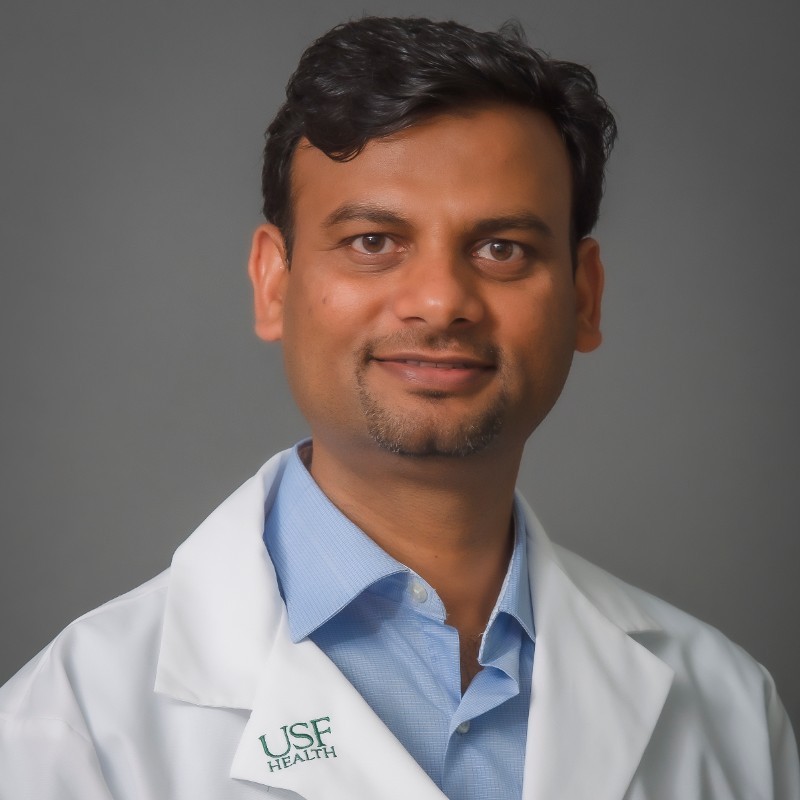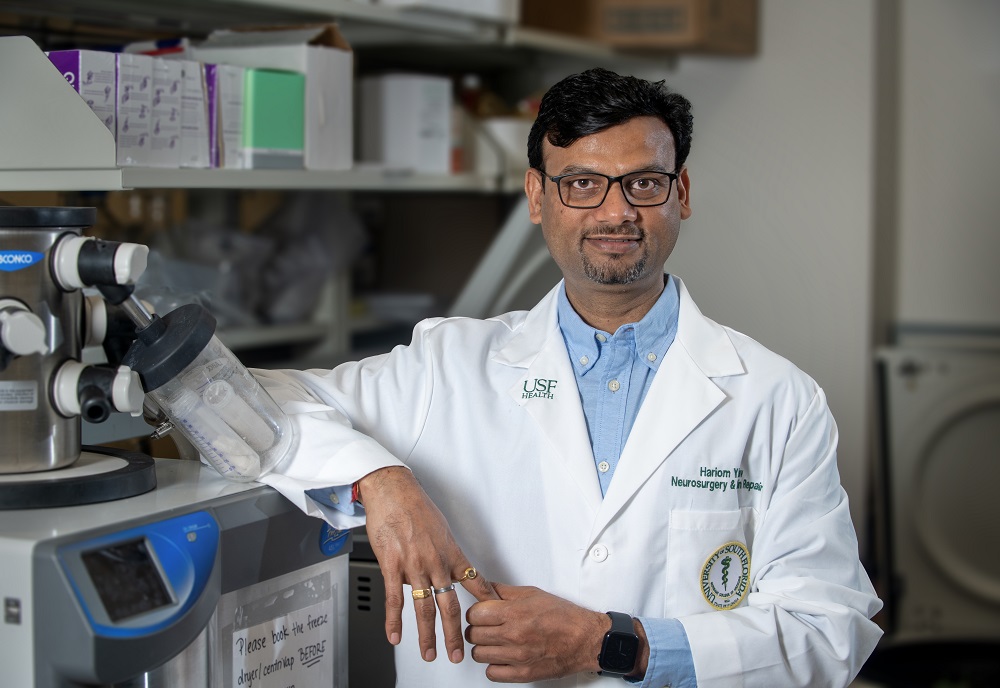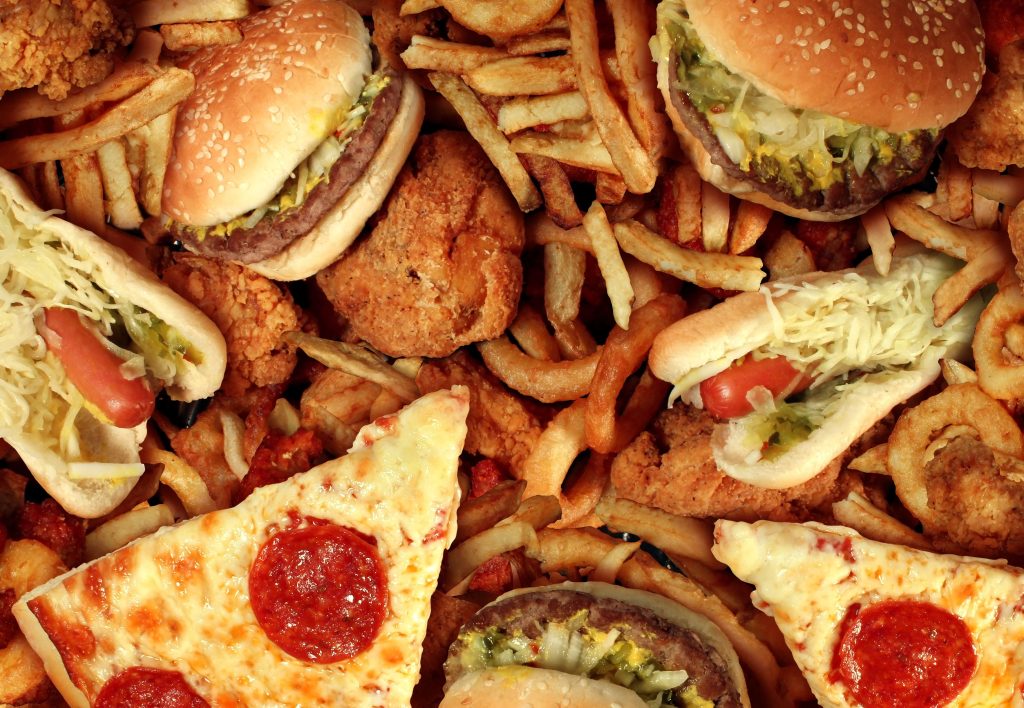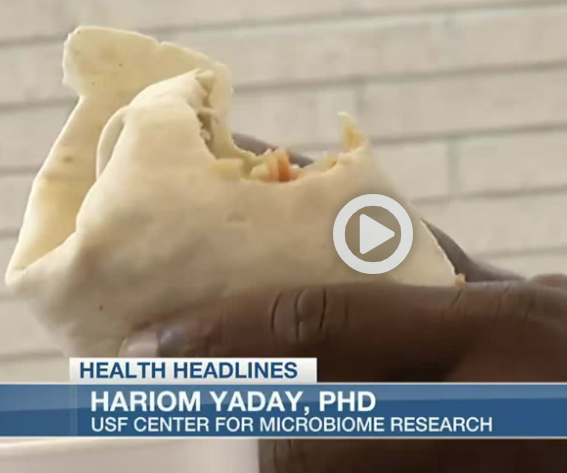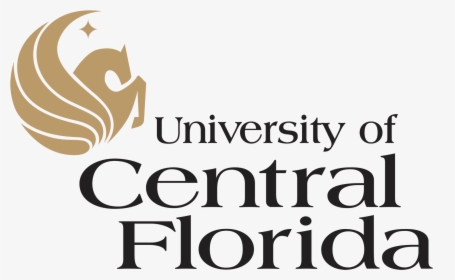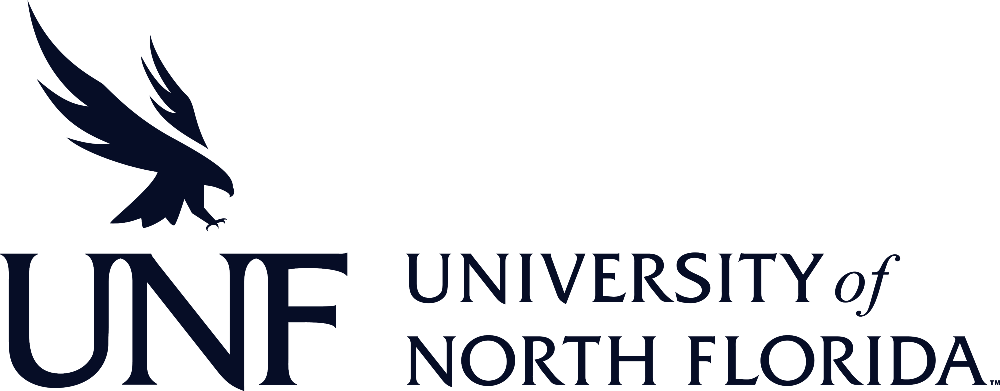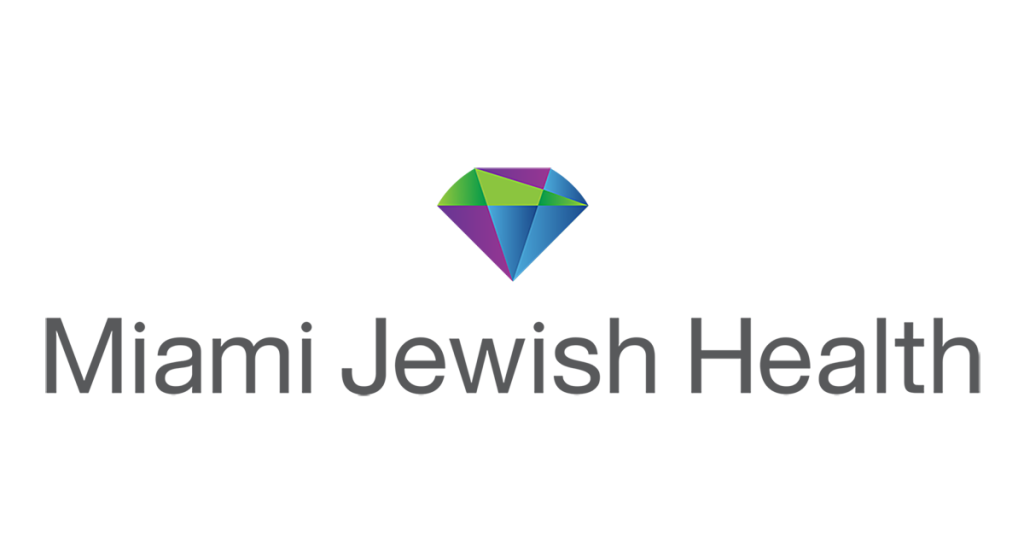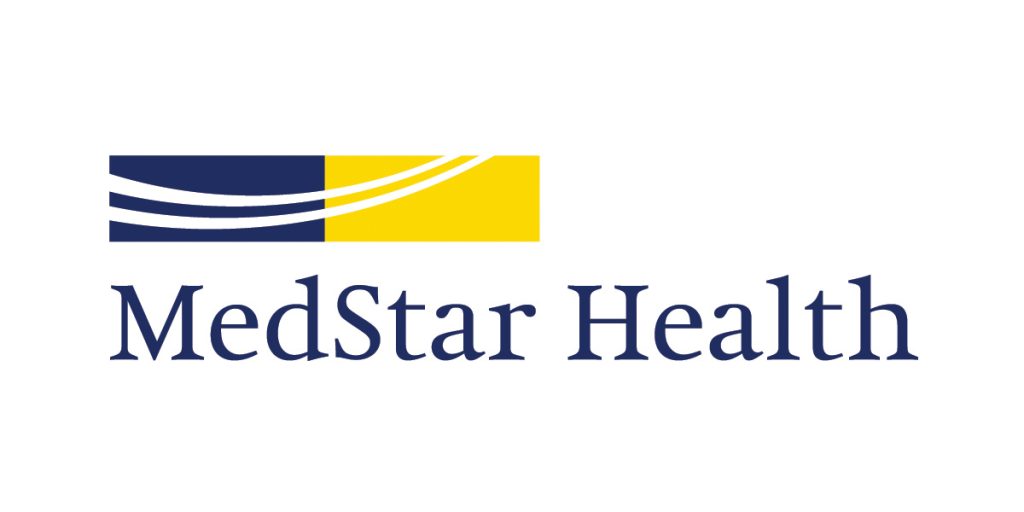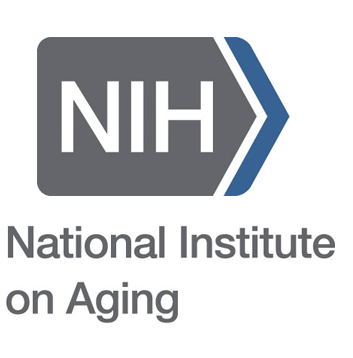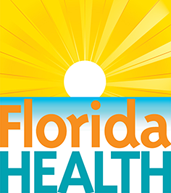As we grow older, our brains lose memory, and our muscles lose the strength to hold our body, so we can walk (physical function) to do our daily things. Our intestines are like roots to absorb proper nutrients, which are supplied to the brain and muscles to keep them healthy. New research shows that microbes (microbiome) living in our intestines interfere with nutrient absorption and impact our memory and physical function. The microbiome is highly personalized, like our genes.


About MiaGB Consortium
The Microbiome in aging of Gut and Brain (MiaGB) consortium aims to understand how the microbiome impacts our gut, brain, and muscle health during aging. If you want to learn what we eat and how that can affect our memory and muscle health, please participate in this study. (Approved USF-IRB Protocol No. STUDY002365)
Researchers
MiaGB is a resource for large comprehensive
dataset for multi-omics studies like microbiome, metabolomics, transcriptomics, proteomics, epigenomics, genotyping, immunophenotyping, mitochondrial functions and artificial intelligence pipelines. Inviting collaborations for ancillary studies, secondary data analyses and new site initiations.
Interested to know more?
